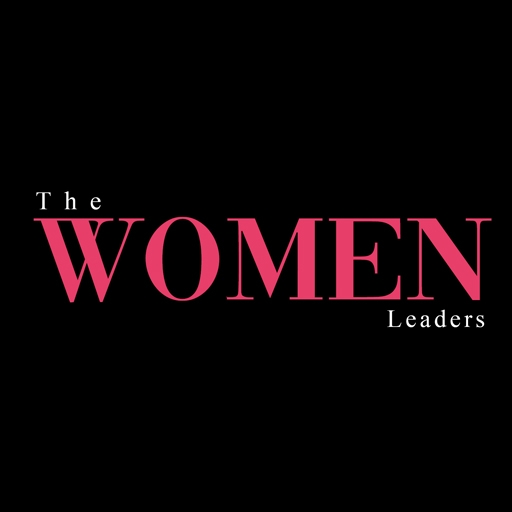
Trump Escalates Trade War, Announces Tariffs on EU and Canada

February 04, 2025: Donald Trump has escalated trade tensions by imposing new tariffs on Canada, Mexico, and China while warning that the European Union will be next. The latest measures include a 25% tariff on Canadian and Mexican imports and a 10% tariff on goods from China, reigniting fears of a prolonged trade war.
Trump justified the move by citing unfair trade practices and America’s trade deficit, insisting that these tariffs protect U.S. industries and jobs. He also confirmed that tariffs on EU imports are imminent, criticizing European trade policies and claiming they hurt American businesses.
Markets reacted sharply, with global stocks experiencing volatility as investors weighed the potential economic fallout. Economists warn that higher costs of imported goods could fuel inflation, particularly in sectors reliant on foreign raw materials and manufacturing. The auto, energy, and consumer goods industries are expected to see price increases as companies adjust to higher supply chain costs.
Canada and Mexico have condemned the tariffs, with both countries considering retaliatory measures that could target American agriculture and manufacturing exports. China has already announced counter-tariffs, hitting U.S. products with new levies and potential restrictions on American firms operating in Chinese markets.
The European Union is preparing its response, with officials warning that new tariffs could severely damage U.S.-EU trade relations. Talks between U.S. and EU officials have stalled, and trade experts predict a diplomatic standoff unless a compromise is reached.
U.S. businesses and industry groups have urged the administration to reconsider, arguing that higher tariffs will burden American consumers and disrupt global supply chains. While some domestic manufacturers stand to benefit, others worry that retaliatory tariffs from trade partners will outweigh any short-term gains.
With the trade war expanding, these tariffs’ economic and political impact will be closely monitored. Whether these aggressive policies will yield better trade deals or trigger prolonged economic instability remains uncertain.
Also Read: United Kingdom Landmark 100-Year Security Pact with Ukraine
Trump Escalates Trade War, Announces Tariffs on EU and Canada

Sterling Falls as Slower Wage Growth Fuels Bank of England
The pound weakened after UK data showed slower wage growth, raising expectations of an early Bank of England rate cut

Five Eyes Ministers Unite Against People Smugglers
Five Eyes Ministers unite against people smugglers in London, announcing coordinated action on border security, asylum processing, and transnational trafficking disruption.

Eurozone Inflation Inches Up to 2.1% in August
Eurozone inflation inches up to 2.1% in August, driven by food and services, while core inflation holds steady at 2.3%, keeping ECB policy on pause.

UK Manufacturing Continues to Contract as Orders and Exports Fall
UK manufacturing continues to contract for the 11th consecutive month, with PMI at 47.0. New orders and exports slipped amid tariff pressures and weak client confidence.



















